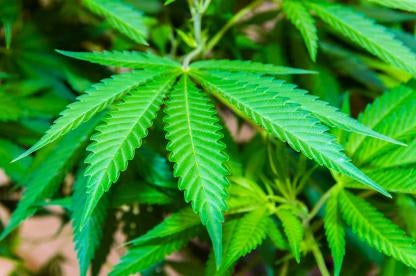Last week, the U.S. Department of Agriculture ("USDA") announced that it will accept plant variety protection applications from breeders of seed-propagated hemp.
This is a major step forward for the industry and will allow hemp growers and breeders to more easily protect their genetics. Until recently, hemp was classified as "marihuana" under the Controlled Substances Act of 1972 ("CSA") and hemp-derived cannabidiol or CBD was considered a Schedule I controlled substance. That changed with the passage of the Agriculture Improvement Act of 2018 ("2018 Farm Bill"), which, among other things, decriminalized hemp and hemp-derived CBD. The USDA's authority to grant protection to seed-propagated hemp varieties stems from those changes.
Within the USDA is the Plant Variety Protection Office, the "PVPO." Authorized by the Plant Variety Protection Act, the PVPO reviews applications and grants certificates to protect new, distinct, uniform and stable plant varieties. Extending this review to applications of hemp is significant for growers and breeders. Once a certificate is granted, it provides strong intellectual property protections and generally allows the certificate holder to, with a few exceptions, exclude others from selling, offering, importing, or marketing that protected variety of hemp. Those exclusive rights last twenty years from the date of issue of a PVP certificate.
To pursue plant variety protection, the PVPO provides an online electronic application. The application requests detailed information about the ownership, sale, and plant characteristics, seeks a deposit of seeds or tissue cultures, and requires an official filing fee (currently over $5,000). To qualify for protection, the variety must be distinct from other known varieties and the application for protection must be filed within one year of the variety's commercialization in the U.S. (or within four years if the commercial activities occurred outside of the U.S.). The plant's characteristics must also be consistent within the variety and genetically fixed across generations of the variety.
The USDA itself does not take any action to enforce plant variety protection; but if protection is granted, the resulting PVP certificate can be used by its owner for enforcement in a civil action.
The USDA's announcement incentivizes the development of new varieties of hemp and should only increase attention and investment in this rapidly "growing" industry. More information about Plant Variety Protection is provided on the USDA website.




 i
i

